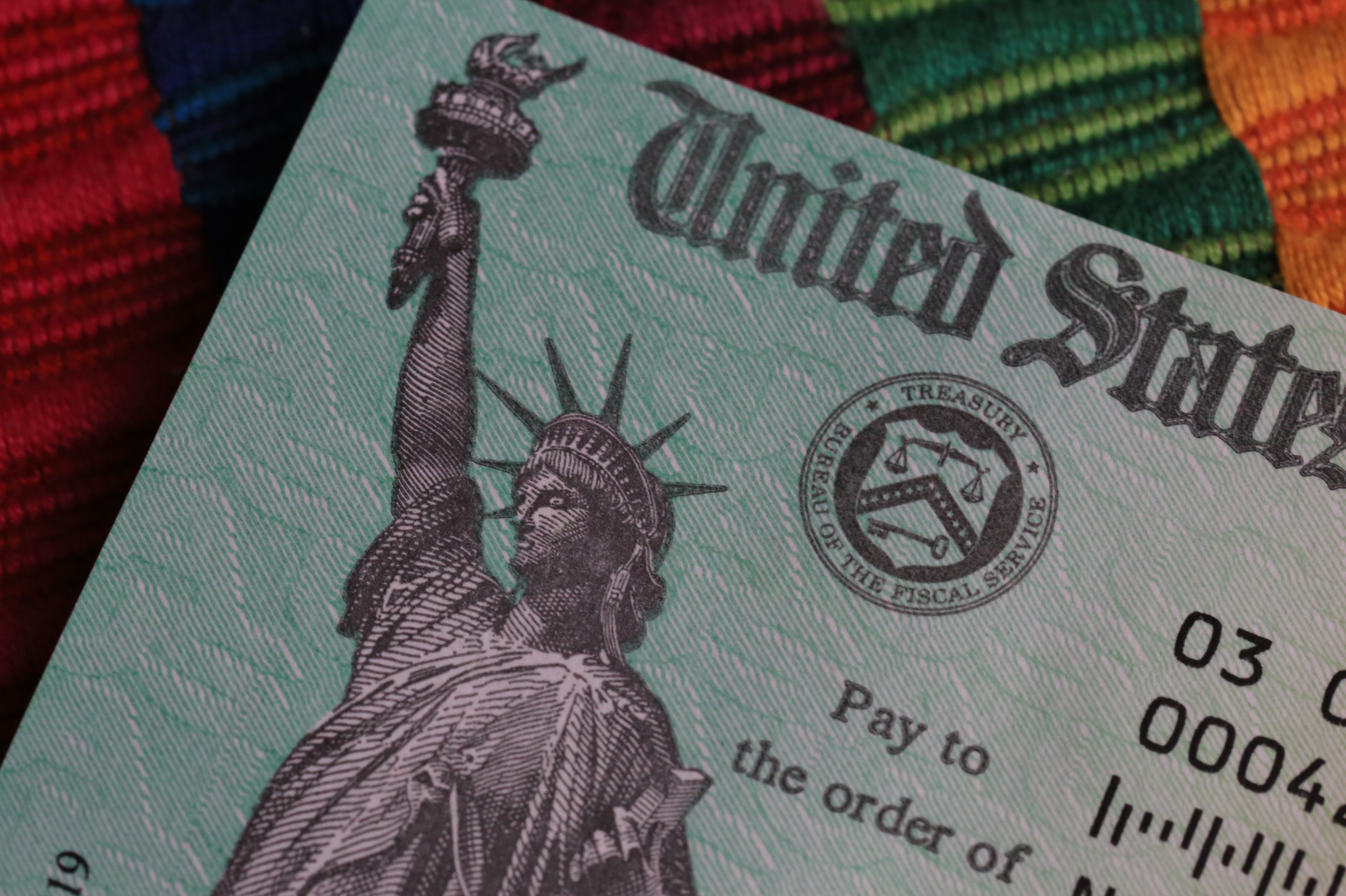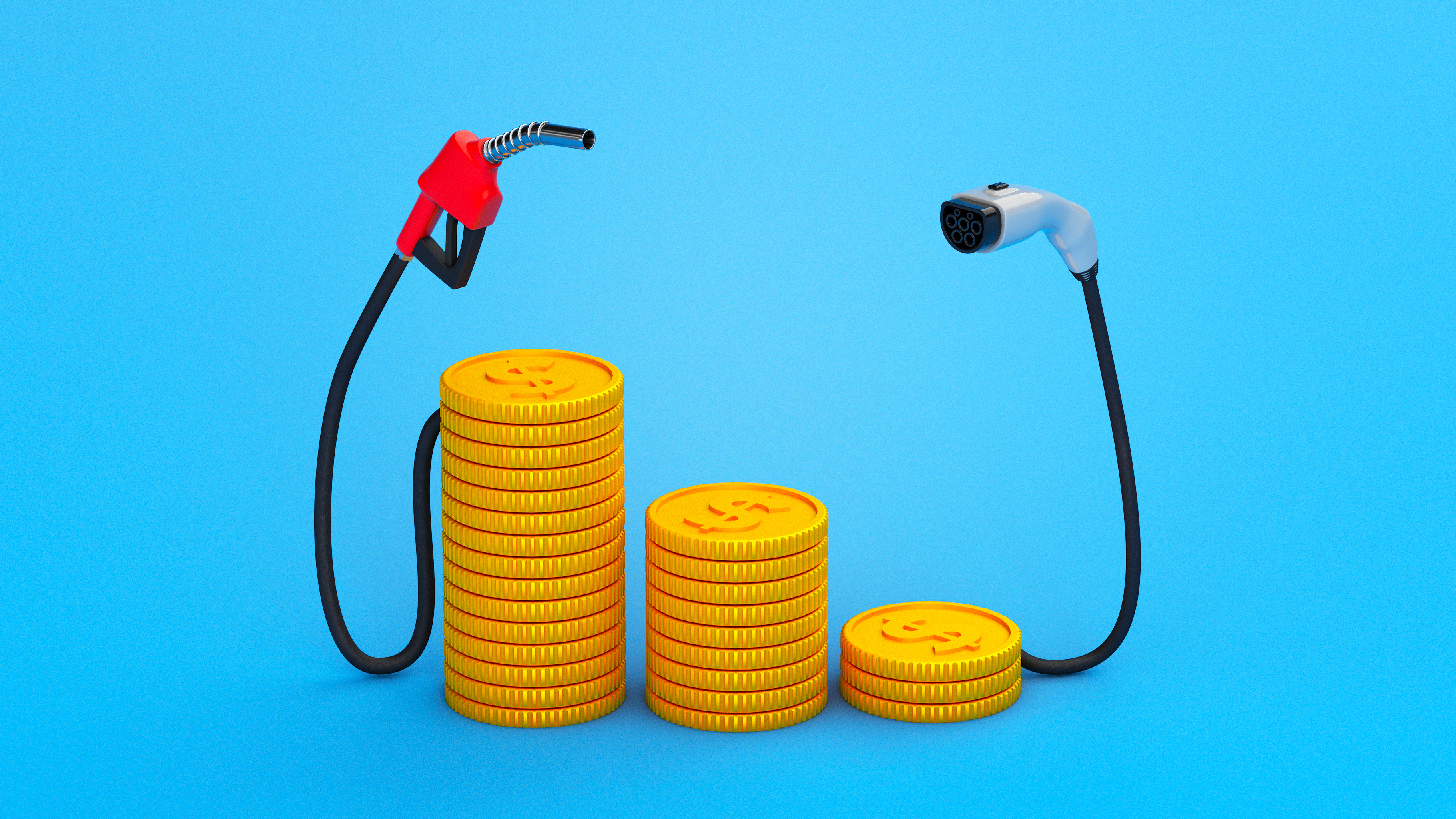What are Treasury Bills and are they a good investment?
What to know about 'one of the safest places you can save your money'


A free daily email with the biggest news stories of the day – and the best features from TheWeek.com
You are now subscribed
Your newsletter sign-up was successful

Recently, Treasury bills — or T-bills, as they're also referred to — are having a bit of a revival. This is largely due to their higher-than-usual yields following a series of interest rate hikes by the Federal Reserve, as well as a general sense of unease among investors as inflation persists and the threat of a recession looms.
But are Treasury bills right for your portfolio? Kiplinger hails them as "a risk-free way to earn interest on your cash over a short period of time," while Fortune suggests they might allow investors "to generate 'attractive returns' as rates continue to rise." However, there's always more to consider beyond the hype. Read for more on how T-bills work, why they're so hot right now, and whether they're as good an investment as they're cracked up to be.
What are Treasury bills?
A Treasury bill is a U.S. debt security that is issued by the federal government. They're distinct from other Treasury-issued securities in that they are relatively short-term — T-bills mature over a term ranging from four weeks up to one year. According to Nerdwallet, the "most common terms are for four, eight, 13, 17, 26 and 52 weeks." It's possible to purchase Treasury bills in increments of $100, up to $10 million.
The Week
Escape your echo chamber. Get the facts behind the news, plus analysis from multiple perspectives.

Sign up for The Week's Free Newsletters
From our morning news briefing to a weekly Good News Newsletter, get the best of The Week delivered directly to your inbox.
From our morning news briefing to a weekly Good News Newsletter, get the best of The Week delivered directly to your inbox.
So how exactly can you make money from buying Treasury bills? As Fortune explains, "T-bills are sold at face value or at a 'discount.' And once they mature, you get the face value in return. The difference between the face value and the discounted price you initially paid is 'interest.'" The discount rate on a T-Bill therefore represents the rate of return you'll get once the T-bill matures.
Why are Treasury bills so hot right now?
Treasury bills are a hot investment right now because of recent notable jumps in their yields after a number of rate hikes from the Federal Reserve. Until now, CNBC reports that "T-bill yields have been low since the Great Recession, with the exception of 2018." As of spring 2023, it was possible to find yields nearing 5 percent.
Those yields are especially alluring to investors because Treasury bills are a short-term investment. And right now, T-bills have yields that "are higher than longer Treasuries that have maturities ranging from 2 to 30 years," Kevin Nicholson, global CIO of fixed income at RiverFront Investment Group, told CNBC. "For example, a 6-month T-bill is currently yielding 4.75 percent while the 10-year Treasury is yielding 3.47 percent. Therefore, investors do not have to tie up their money for a long period of time to get an attractive return," Nicholson said.
When you apply via our links we may earn an affiliate commission.
A free daily email with the biggest news stories of the day – and the best features from TheWeek.com
Are Treasury bills a good investment?
According to Kiplinger, Treasury bills "are good investments for individuals looking to make a large purchase in a short timeline, as the money will only be tied-up for at most a year." Though Treasury bills don't earn as high of returns as other investments, they also offer greater security. Kiplinger described T-bills as "one of the safest places you can save your money," given they are backed by the U.S. Treasury Department. This makes them "a great fit for conservative investors who want to avoid risk-taking but still want to earn interest, Kiplinger says.
That said, the high yields currently offered by Treasury bills will not last forever. As interest rates start to come back down, CNBC reports that "T-bills won't participate in that market value increase." Rather, T-bills "will start to underperform investment-grade corporate bonds once recession fears start to fade," Anthony Watson, a certified financial planner and the founder and president of Thrive Retirement Specialists, told CNBC.
There's even the potential for what Nicholson described to Fortune as "reinvestment risk," which he explains is "the potential that yields could be lower when the T-Bill matures, especially if they choose to invest in shorter maturity T-Bills as a substitute for long maturing treasuries today."
Beyond those considerations, it's important to note that earned income on T-bills is subject to federal taxes (though they're exempt at the state and local levels). Additionally, given their short-term nature, T-bills won't result in regular interest payments like you'd get from investing in a bond or stashing your money in a high-yield savings account.
How can you buy Treasury bills?
If you think Treasury bills seem like a fit for your portfolio, the good news is that they're simple to buy. You can purchase them either directly from the government at TreasuryDirect.gov, or you can do so through a brokerage account.
To buy Treasury bills from the government, it's necessary to create an account with TreasuryDirect, which Kiplinger reports requires a U.S. address, Social Security number, and bank account. T-bills are sold on auction, which means you'll need to place a bid to buy one. If your bid gets accepted, your T-bill will show up in your Treasury Direct account.
Investors who opt to purchase T-bills through a brokerage have the option of doing so through exchange-traded funds (ETFs) or mutual funds. An upside to this approach is that "[b]uying bundles of T-bill investments with different maturities can further diversify your portfolio and reduce risk," says Nerdwallet.
Becca Stanek has worked as an editor and writer in the personal finance space since 2017. She has previously served as the managing editor for investing and savings content at LendingTree, an editor at SmartAsset and a staff writer for The Week. This article is in part based on information first published on The Week's sister site, Kiplinger.com.
New Tax Rules for 2023: Download your free issue of The Kiplinger Tax Letter today. No information is required from you.
Becca Stanek has worked as an editor and writer in the personal finance space since 2017. She previously served as a deputy editor and later a managing editor overseeing investing and savings content at LendingTree and as an editor at the financial startup SmartAsset, where she focused on retirement- and financial-adviser-related content. Before that, Becca was a staff writer at The Week, primarily contributing to Speed Reads.
-
 The ‘ravenous’ demand for Cornish minerals
The ‘ravenous’ demand for Cornish mineralsUnder the Radar Growing need for critical minerals to power tech has intensified ‘appetite’ for lithium, which could be a ‘huge boon’ for local economy
-
 Why are election experts taking Trump’s midterm threats seriously?
Why are election experts taking Trump’s midterm threats seriously?IN THE SPOTLIGHT As the president muses about polling place deployments and a centralized electoral system aimed at one-party control, lawmakers are taking this administration at its word
-
 ‘Restaurateurs have become millionaires’
‘Restaurateurs have become millionaires’Instant Opinion Opinion, comment and editorials of the day
-
 How your household budget could look in 2026
How your household budget could look in 2026The Explainer The government is trying to balance the nation’s books but energy bills and the cost of food could impact your finances
-
 What is a bubble? Understanding the financial term.
What is a bubble? Understanding the financial term.the explainer An AI bubble burst could be looming
-
 The FIRE movement catches on as people want to retire early
The FIRE movement catches on as people want to retire earlyIn the spotlight Many are taking steps to leave the workforce sooner than usual
-
 Who wants to be a millionaire? The dark side of lottery wins
Who wants to be a millionaire? The dark side of lottery winsIn The Spotlight Is hitting the jackpot a dream come true or actually a nightmare?
-
 How can you find a financial adviser you trust?
How can you find a financial adviser you trust?the explainer Four ways to detect professionals who will act in your best interest
-
 What should you consider when choosing a financial adviser?
What should you consider when choosing a financial adviser?The Explainer The right person can be a big help with financial planning, investing, taxes and more
-
 What Biden's IRA means for EV tax credits: 2024 updates
What Biden's IRA means for EV tax credits: 2024 updatesThe Explainer Which cars are eligible and how much money can owners save?
-
 How to ensure you don't outlive your retirement savings
How to ensure you don't outlive your retirement savingsThe Explainer Your golden years should be enjoyed. Don't let finances get in the way.
